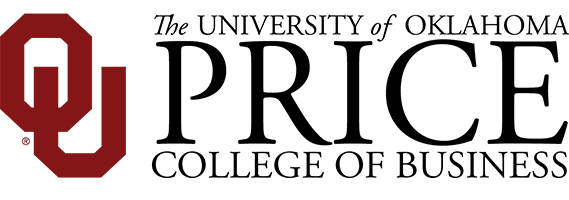Dan Sloat embodies the essence of a modern-day Renaissance Man. From a young age, an entrepreneurial spirit has been an intrinsic part of his character. As a prior United States Air Force Captain, drone pilot, novice sommelier, stand-up comedian, English teacher, filmmaker, oil painter, horse wrangler, day sailor and humanitarian, Sloat embraces new challenges and champions multi-disciplinary innovations.
Sloat's professional career has landed in Advanced Air Mobility (AAM), an emerging sector focused on ferrying individuals and goods above ground traffic and connecting urban cities, suburban regions, villages and small towns. This entails not just unscrewed aerial systems (UAS), commonly known as drones, but also electric vertical take-off and landing aircraft (eVTOLs)[1], reminiscent of the futuristic flying cars seen in the popular animated sitcom “The Jetsons.”
Price College recently spoke with Sloat to delve into this evolving industry and his role within it.


